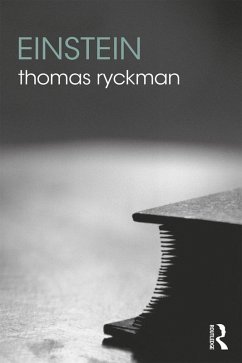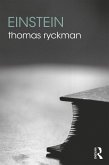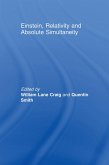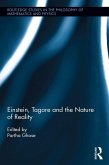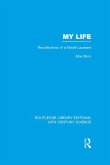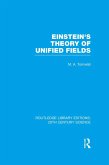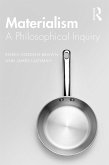Thomas Ryckman shows that already at the beginning of his career - at a time when the twin pillars of classical physics, Newtonian mechanics and Maxwell's electromagnetism were known to have but limited validity - Einstein sought to advance physical theory by positing certain physical principles as secure footholds. That philosophy produced his greatest triumph, the general theory of relativity, and his greatest failure, an unwillingness to accept quantum mechanics. This book shows that Einstein's philosophy grew from a lifelong aspiration for a unified theoretical representation encompassing all physical phenomena. It also considers how Einstein's theories of relativity and criticisms of quantum theory shaped the course of 20th-century philosophy of science.
Including a chronology, glossary, chapter summaries, and suggestions for further reading, Einstein is an ideal introduction to this iconic figure in 20th-century science and philosophy. It is essential reading for students of philosophy of science, and is also suitable for those working in related areas such as physics, history of science, or intellectual history.
Dieser Download kann aus rechtlichen Gründen nur mit Rechnungsadresse in A, B, BG, CY, CZ, D, DK, EW, E, FIN, F, GR, HR, H, IRL, I, LT, L, LR, M, NL, PL, P, R, S, SLO, SK ausgeliefert werden.
"Ryckman's book is a thoroughly researched and very clearly presented guide to Einstein's evolving philosophy of science. It offers illuminating insights into how Einstein constantly reformulated his philosophical views about science in the light of the revolutionary developments within theoretical physics itself." - Lawrence Sklar, University of Michigan, USA
"A masterful book. Ryckman discusses how Einstein's philosophical positions were forged in his struggle with classical physics, relativity and quantum theory. He describes the history and philosophical significance of these struggles in a way that is accessible to students of philosophy without a background in physics, yet stays away from oversimplifications. I can only marvel at how Ryckman achieved this feat!" - Dennis Lehmkuhl, California Institute of Technology, USA

